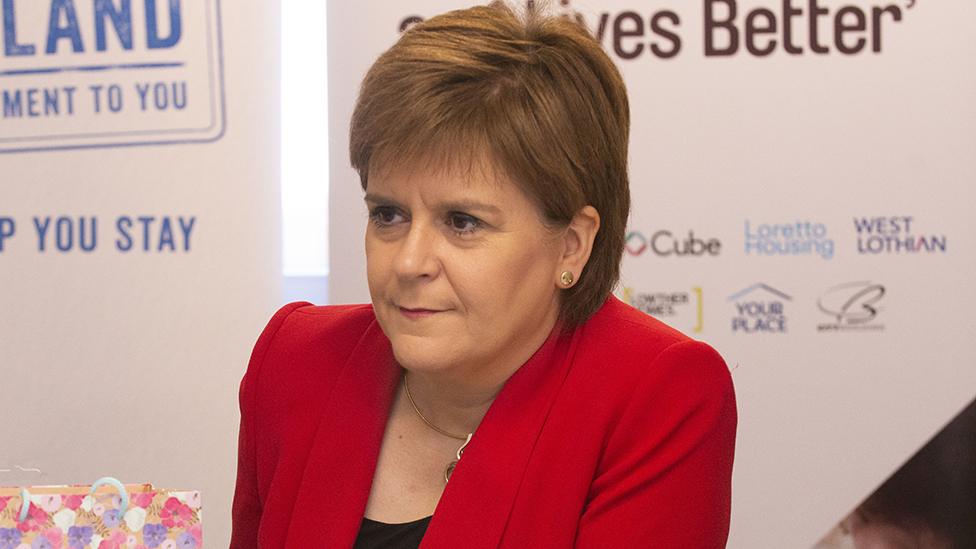What if Brexit were revoked?
- Published
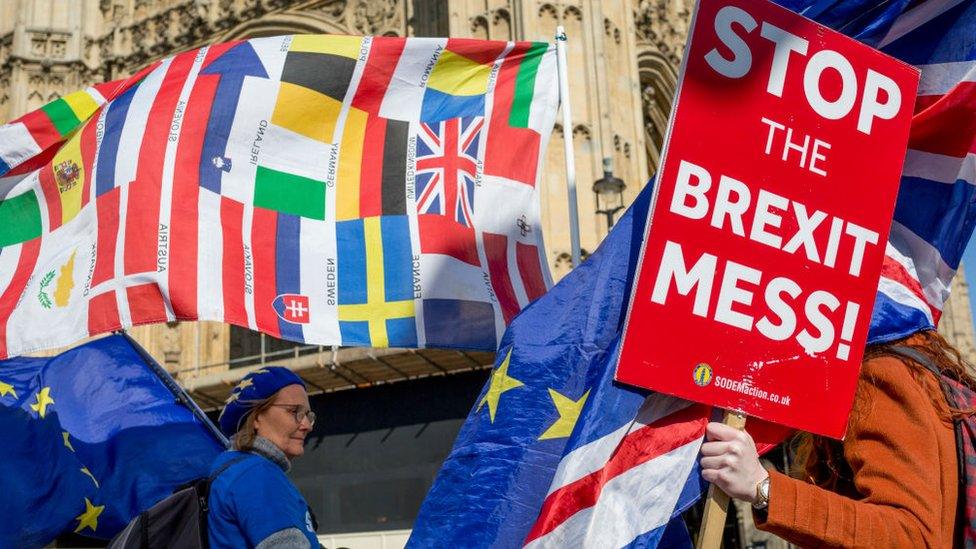
Nearly six more months to reach the end of the beginning of Brexit. That's six months of can-kicking-down-road opportunities.
It gives us the summer months to puzzle over the constitutional contradiction of a prime minister who agrees to be forced from office if she successfully gets her deal through, but won't leave if she fails.
The message from business is fairly uniform: Phew! Now get your act together, politicians. We don't want to be in this position in October, and the damage is already being done.
Through much of the Brexit saga, business has been politely respectful of the democratic process.
Scary Halloween
Partly, it's because of the misplaced expectation, also to be found elsewhere at home and abroad, that Britain would return to its characteristic pragmatism and flexibility and something sensible would be worked out in the end.
For many in business, the mindset is about seeking out opportunities, whatever the political context. They don't want to alienate customers by taking sides on a highly divisive issue. And business thinks in terms of keeping doors open to the corridors of power.
But getting access to power doesn't count for much when most who have worked with Theresa May say that she is unyielding in her views, and gives you little sense of whether she understands what you're trying to say.
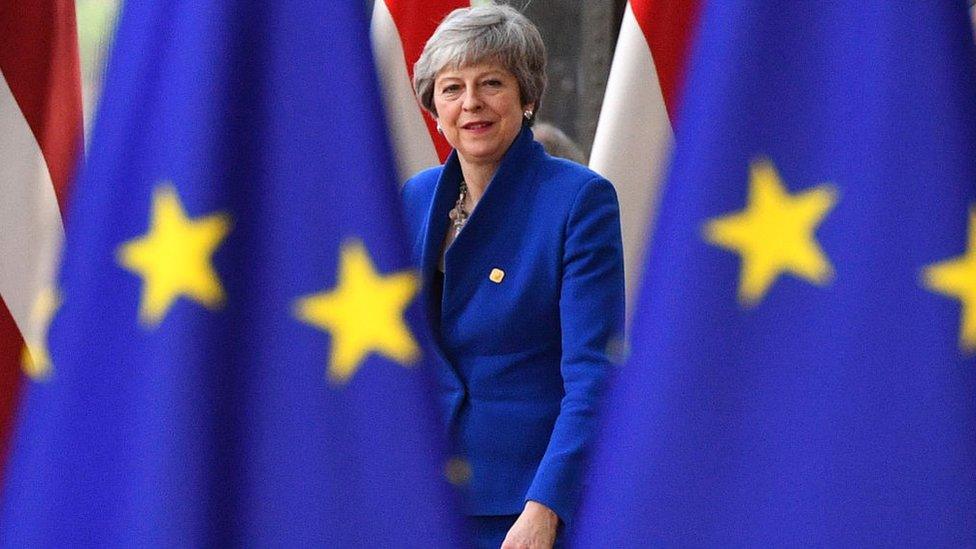
So the business lobbies' polite respect for democracy has reached its limits, when the process is mired in crisis; a prime minister whose cabinet is openly split, and who cannot get her key policy through the House of Commons, who is protected by the combination of a further eight-month ban on internal party challenges, her party's fear of precipitating a general election and the lack of appetite for a leadership contest for now.
Meanwhile, she remains resolutely stuck on getting her deal approved.
To this, add a national election for MEPs, for which no-one was prepared, for which Conservative and Labour parties have neither clear nor unifying messages, motivated activists, campaign funds or even candidates selected.
It's a political environment in which populist voices can run riot.
Hence, the messaging from business lobbies on the morning after the summit night before is a loud reminder that nothing has been resolved.
Exactly the same problems persist, and unless something is done to resolve the crisis, we'll reach the new Halloween departure date, and be back on the same scary 'no deal' cliff-edge.
Emboldened by the damage already being done to businesses - investment stalled, contracts delayed, some jobs lost (though not many, it seems) - the business lobby groups are talking about revoking Article 50 or about another referendum.
Ironic lady
So, to venture into constitutional politics, let's look at those options. Those who oppose remaining in the European Union, following the 2016 referendum result, talk darkly of forces being unleashed that the ruling class won't like.
There is implicit, and apparently genuine fear of the mob. Either it is seen storming down Whitehall to the House of Commons, wielding pitchforks or worse, or it will show its anger at the ballot box, turning to populists and demagogues who wield simplistic or extreme solutions.
The message: 'if you thought that red bus with the NHS slogan was bad, you ain't seen nothin' yet.'
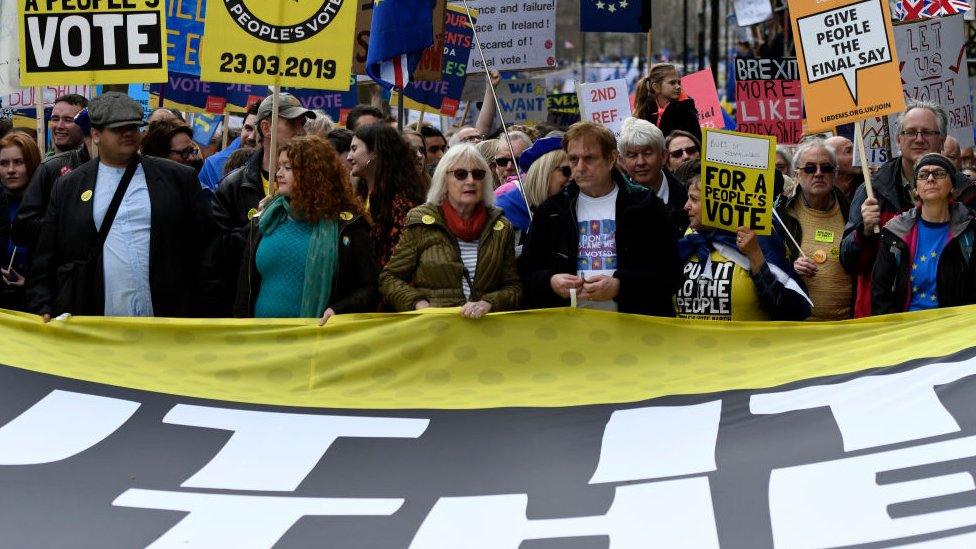
The other side of this gets less attention - what if Remainers got their way? (Let's assume that those who want another referendum also want it to result in a 'Remain' majority - though don't forget that many who would prefer to remain are unpersuaded of the referendum option, as they fear it could repeat 'Leave', or be as close and divisive as 2016.)
I was at Westminster last month on the same day of the vast march calling for another referendum. It struck me that marchers were from a narrow range of Remain stereotypes - notably ageing liberals and students.
I wasn't seeing much evidence of people marching to complain that they had been misled into voting Leave and wanted a chance to vote the opposite way. That's what the polls also tell us.
What I also noted was that the message was a narrow one. Understandably, it focussed on the spectacular burach that Theresa May and her government have made of the Brexit process.
If judging a march by its placards, this is focussed on the personalities of Tory politicians, sometimes abusively, with a large dose of British irony. In answer to Theresa May's version of the Iron Lady, this was the ironic lady.
The easy, unifying message for Remainers is that Leavers got us into this mess, and seem incapable of finding a way out, so - as the main slogan goes - let the people decide.
Persuadables
But what if they are successful? What if there is another referendum? And what if Britain does exit the European Union - from which a campaign could quickly start to get back in?
I wasn't seeing banners or hearing slogans with which to win the argument decisively, or at all.
I could see many European flags, of course. The TV broadcasts from Westminster's College Green are festooned with the blue and stars. During 45 years of membership, these were rarely waved with any pride by British people.
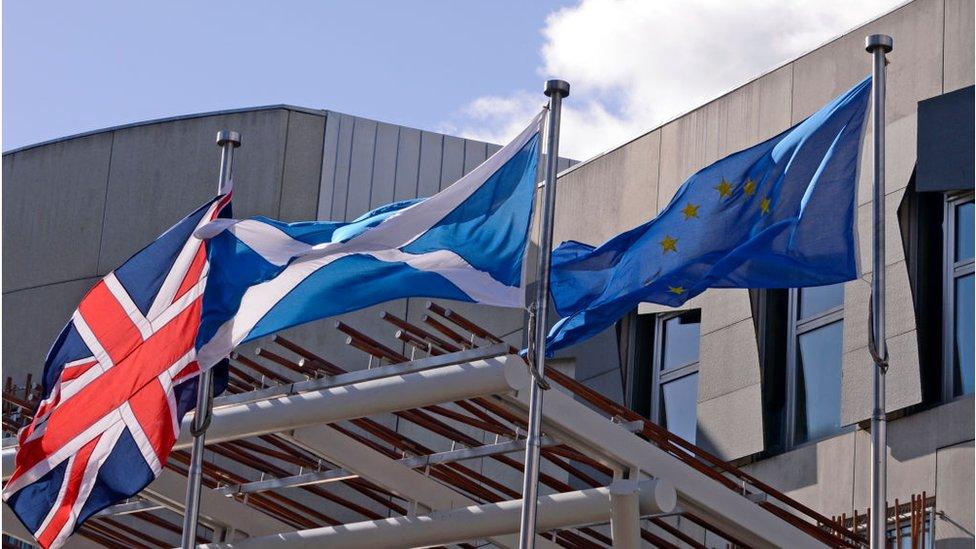
Now a rallying standard, the EU flag seems more likely to be a turn-off or a provocation than an appeal to those who may be wavering in the centre ground on this debate.
Somehow, the pro-Europe side of the debate needs to make EU membership the patriotic thing to do for Union Flag wavers, and Saltires in Scotland, with a message aimed at the centre ground of persuadables - the message that the David Cameron campaign failed to articulate in 2016.
That would have to counter Brexiteers' simple arguments that Britain lacks control of its destiny while part of the European Union.
Counter factual
It would have to explain why it sees European membership as being in Britain's interests, without mind-numbing references to co-decision between Parliament and Council, using the Qualified Majority Voting system.
"You're better off in Europe" might work, but it doesn't feel that way to many voters who are not feeling better off. They tend not to trust an economist bearing a counter-factual. They're feeling a squeeze on household budgets over the past decade and they're feeling peeved off.
Perhaps it needs broken down, in tribute to that Life of Brian discussion of "what the Romans have ever done for us"; olive oil, a plentiful choice of cheese, no more roaming charges, cheap flights and pet passports. (It's quite a middle class list!)
How about the scale of market that brings Japanese car manufacturers to Britain's shores? Being part of Europe has brought jobs.
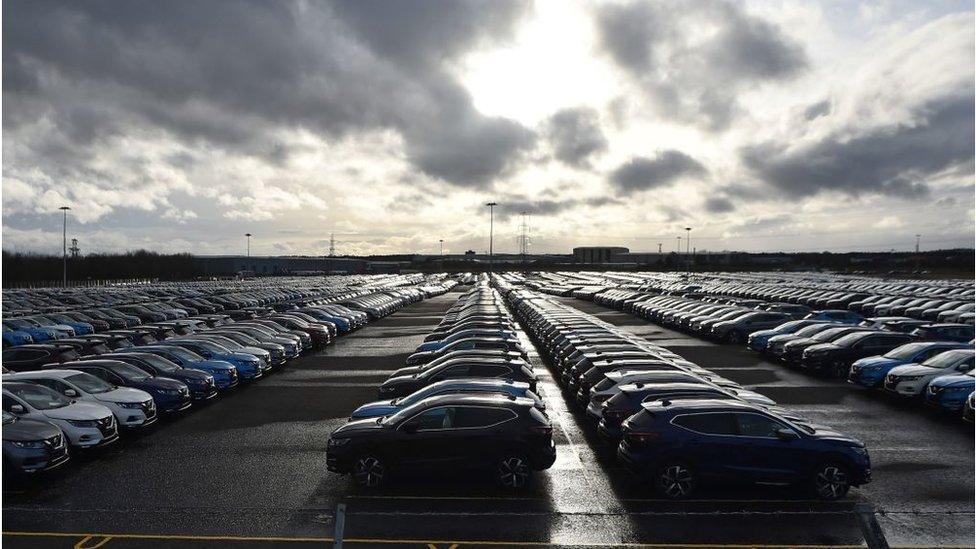
And when in Rome... ordering a pizza, you can be reassured there's a minimum standard for food safety, worker protection for restaurant staff, mutual respect of legal rights and contracts, (getting a bit wonkish already, you see?) and the right to stay, work and invest there if you fancy opening your own pizzeria.
Given another referendum, Remainers could look to a greater public understanding of the benefits brought to Britain by immigration. People are much clearer now how much business, including agriculture, and the NHS, rely on staffing from across the EU.
But that doesn't mean hostility to immigration, or simply concern about it, has gone away. It still has to be addressed. It can still be ruthlessly exploited.
And then, how about the slogan "peace in our time"? OK, so it didn't work well for Neville Chamberlain. But it is perhaps the greatest historical achievement of the EU.
It has lost traction with younger generations, across Europe, who take the continent's peace for granted.
Flag flying
On the subject of the views across Europe, there's another side to this, to be found on the other side of the EU table. For now, the leaders of the EU 27 are willing to let Britain remain. They don't want to be seen to be kicking Britain out.
But patience has, understandably, been wearing thin. Particularly in France, Emmanuel Macron is voicing frustration about Britain continuing to disrupt the rest of the Union. He has a difficult European Parliament election to fight. Nigel Farage on the rampage wouldn't help, less still a Tory MP with the unlikely name of Mark Francois.
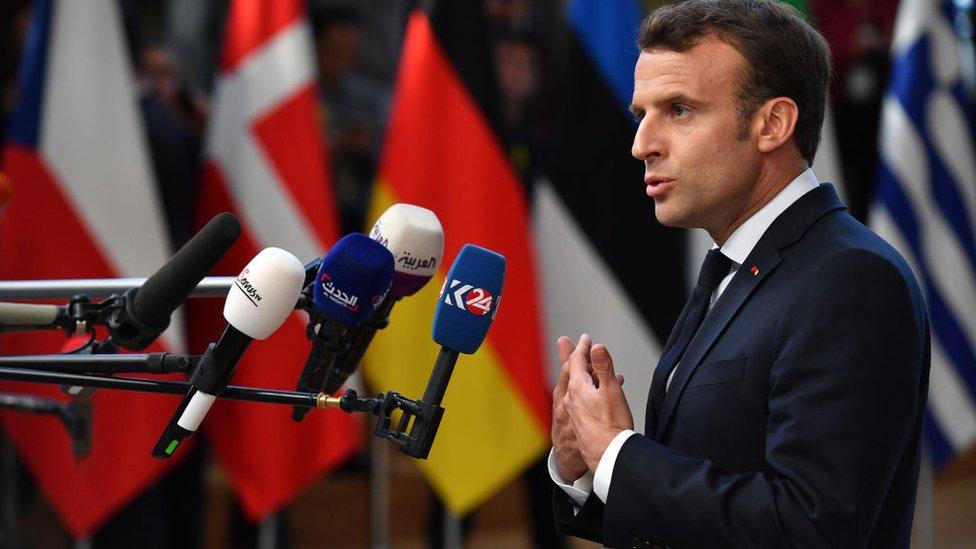
Emmanuel Macron has voiced frustration about Britain continuing to disrupt the rest of the Union
A continental take on the late-night discussions over Brexit is that the most significant element was the disagreement between France and Germany. Brexit strains are telling on the Paris-Berlin motor that has long powered the EU project.
If Britain were to find a way to reverse the Brexit decision - through revocation or a referendum - the UK can expect to retain its special deals: the budget rebate, and on being allowed to remain outside the euro currency and of the Schengen-free travel area.
Equal status
But a renewed membership of the EU club would come with expectations that Britain properly and permanently commits - if not to the full-blooded project of "an ever closer union", at least to playing a constructive role in future developments.
Don't hold your breath for this, but its political leaders could be expected by others to better explain and support decisions of the Council of Ministers and the European Court of Justice.
For Britain to be a settled member, it would need a political discourse, to be found in many European countries and also in Scotland, which combines two or more political identities, and which accepts that membership of the club is compatible with sovereignty, that national interest lies in being within the club, and its compromises are necessary to pursue combined national and collective interests.
Symbolically, a Britain remaining in Europe would have to fly the flags with equal status.
Outside Holyrood since the Parliament building was opened, the three flags of Scotland, the UK and Europe have flown at the same height.
Even among those who support Britain having a place in Europe, we seem a long way from accepting multiple identities in the official flags which fly above the Houses of Parliament. But for the settled will of the British people to be within Europe, that is a symbolic representation of what would be needed.
- Published11 April 2019
